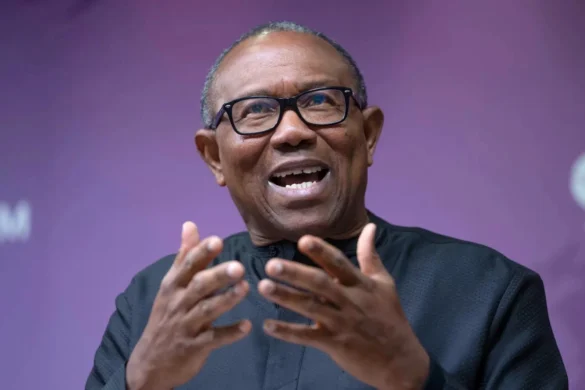The Minister of Information and Culture, Alhaji Lai Mohammed, on Wednesday said that, the Lekki deep seaport would create 170, 000 jobs to boost the nation’s economy.
The Minister, made the assertion in Lagos during a routine tour of the port, said that, the port project was critical to the nation’s economic development .
“We have just concluded a tour of the Lekki Deep Sea Port here at the Lagos Free Zone, located some 65 kilometres east of Lagos.”
The Minister described the port as a game changer for the nation’s economy, said that, the visit was the second the Federal Government has made to the area within a month because of the premium the administration attached to the project.
He also said that the FG delegation was at the Dangote Petroleum Refinery, Petrochemicals and the Dangote Fertiliser in April.
“We are here again, we have seen for yourselves, the Lekki Deep Sea Port, a Build, Own, Operate and Transfer concern, is a massive project, a game changer and a pace setter.
“It is the deepest sea port in Nigeria and West Africa, and that in itself is a unique advantage. It covers a land area of 90 hectares and it has a concession period of 45 years.
“It is a consortium that includes China Harbour Engineering Company, Tolaram, Lagos State Government, Nigerian Ports Authority and Lekki Port Investment Holding Inc.
“I called it a game changer because of the impact it will have on the nation’s economy and the jobs it will create, among others. The investment is huge: 1.53 billion dollars on fixed assets and 800 million dollars on construction.
“But the aggregate impact has been put at 361 billion dollars in 45 years, which will be over 200 times the cost of building it. In addition, it will create 169,972 jobs and bring revenues totaling 201 billion dollars to state and FG through taxes, royalties and duties.




